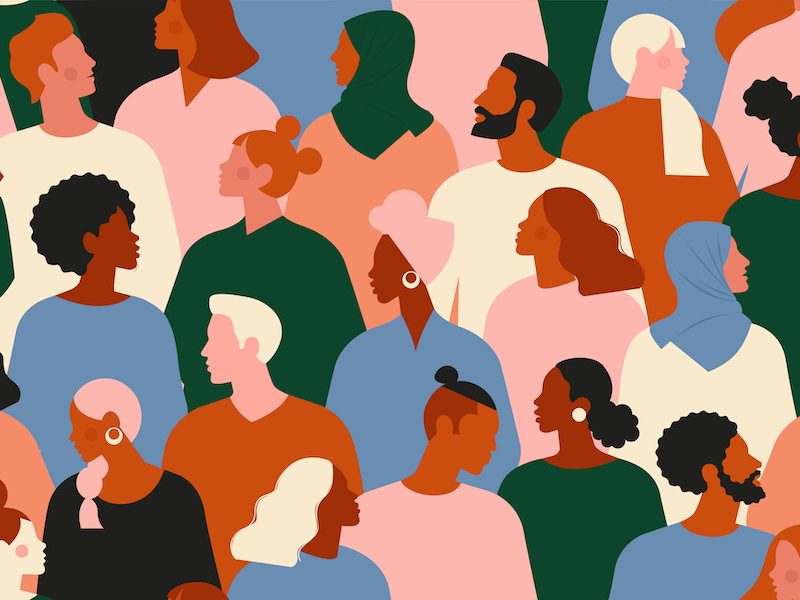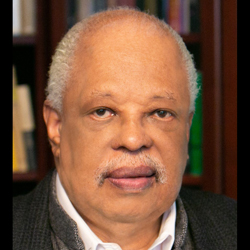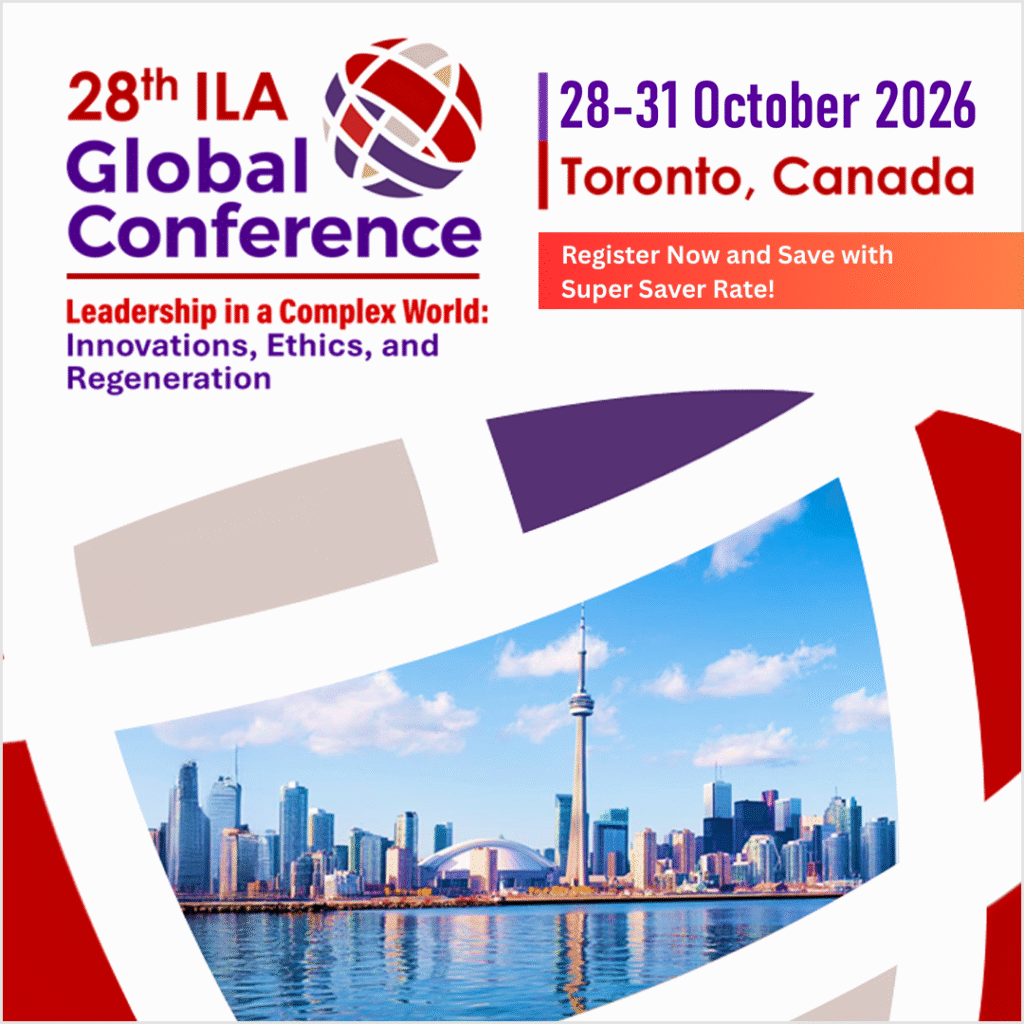
by Bobby Austin
- 12 November 2020
Share this article:
When Dylann Roof entered Charleston, South Carolina’s Emanuel AME Church on June 17, 2015, he joined a group engaged in prayer. They welcomed him. He bowed his head, but soon rose and opened fire on them – killing all but one, whom he said he spared to tell the story of what he had done.
Family members and crime victims have the right to face the perpetrator of the crime before sentencing. During the impact statement portion of Roof’s trial, the families of his victims each rose to speak of their anger and their pain. And then they forgave him.
The actions of the men and women who forgave Roof are not uncommon; yet it can appear so when many feel that revenge or retaliation would be the normal human reactions. It may be that the grace of their self-leadership allowed these individuals to move beyond a desire for retaliation. They may have been hurt, but they could grant forgiveness, and finally they could renew and release that relationship. This is a major aspect of personal self-leadership: it asks the individual to bring him or herself to the point where they can arrive at a new way of living and acting in the world in relation to others. It also reveals how self-leadership can repair public trust and the breaches which divide us – and how Public Kinship can be developed.
The concept of Public Kinship stems from the singular 1996 report, Repairing the Breach: Key Ways to Support Family Life, Reclaim our Streets, and Rebuild Civil Society in America’s Communities, which was commissioned by the W.K. Kellogg Foundation’s National Task Force on African American Men and Boys. As a program officer with Kellogg, I directed the study and the report, so that organizations and individuals might use it to transform communities and thereby assist families and boys.
The civic leaders comprising the Task Force posed three pointed public questions:
- How do we bring relief to families and communities affected by violence?
- How do we make inroads in re-establishing communities and veering away from violence?
- How do we overcome negative media stereotypes and political exclusion in order to reconnect African American men and boys and their communities to the greater society?
In response to these questions, and after rigorous debate among scholars, practitioners, and civic leaders across the country, Repairing the Breach was published. Upon its release, Washington Post columnist Bill Raspberry called it “the plan to save America.” The report defines Public Kinship as the willingness to publicly assume responsibility and to act out the phrase “love thy neighbor as thyself.” It is a public acknowledgement that we are a family at the levels of community, nation, and world, and that we act accordingly. That is still the agenda that all Americans should have – not just for the African American community but for all American communities.
There are torchbearers who are still working to repair the breaches. Through Public Kinship, they continue their work with allies old and new to fight the exasperating barriers that African American men and boys still face in their pursuit of life, liberty, and happiness, such as media stereotypes, social exclusion, over-represented incarceration, predatory lending. In addition, the state of racial tension is even heavier in American politics, with divisive rhetoric flowing from the highest public offices and echoing on our main streets.
Today, the nonprofit Neighborhood Associates Corporation is striving to launch a “Campaign for Public Kinship” that will take the public questions posed in Repairing the Breach directly to all communities in America. The campaign encourages leaders to establish foundations to support dissemination of Repairing the Breach in the nation’s public arena and to promote community ethics, so that today Public Kinship is akin to public trust and social cohesion. This is part of the burgeoning and promising study of social capital being developed by leading social psychologists, sociologists, behavioral economists, and thought leaders like Harvard’s Robert Putnam.
Through Public Kinship, they continue their work with allies old and new to fight the exasperating barriers that African American men and boys still face in their pursuit of life, liberty, and happiness, such as media stereotypes, social exclusion, over-represented incarceration, predatory lending.
Repairing the breaches requires action on the part of the individual through three interrelated components: internal repair; external repair; and the civic arena.
Internal Repair
This entails an individual taking an inventory of self, or a group searching to find who they are. This process of self-inventory culminates in change, whereby the person or group begins to define a new way of dealing with the other, or at least of amplifying the good ways that it has discovered to work with the other. The question raised here is “Who am I?,” as opposed to “Who are They?”
External Repair
Here the work of the community supports the change that is reflected in the work of the individual and his or her group. (This could also be the work of a nation dealing with migrants or refugees.) This work must support internal repair to begin the process of healing. The questions raised here are “Who are They?” and “Who am I?,” questions that we all ask ourselves. Consequently, each is defining the other from the perspective of work to be done.
The Civic Arena
This third part is the most important. The actions undertaken in the first two stages are taken into the civic arena – that is, the public arena – in which we all work, trade, communicate, and create. This is the space where these actions culminate, where we should approach and incorporate the stranger into our stories. Here civic stories are made and told over and over again about the good relationships that are being made. This kind of public work, as defined by Dr. Harry Boyd, is critical as we answer the final question: “Who are We?” Breach repair work shows us how to mend fences. People discover one another as individuals and as groups, and learn how to trust and support, beginning with public trust and Public Kinship.
In Conjectures of a Guilty Bystander, Father Thomas Merton relates the following story:
In Louisville, at the corner of 4th and Walnut, in the center of the shopping district, I was suddenly overwhelmed with the realization that I loved all these people and that they were mine. And that we could not be alien to each other, even though we were total strangers. It was like waking from a dream of spurious self-isolation in a special world….
In effect, Merton suspends judgment, thrusts himself into participating in the world in which he lived, and, by declaring his epiphany, takes a stand. All are necessary to proclaim his Public Kinship. We are no different. Once we don the magic sunglasses, as the heroes do in John Carpenter’s alien-invasion movie They Live, we will see who is around us and how they are a part of us and we part of them.
We need to talk about how we repair the breaches between men and women, Blacks and whites, young and old, immigrants and natives. If we believe in compassion and strength, we must develop the framework to make these values real and applicable to all. This is a Herculean task, but it is one of the major tests that must be undertaken in this perhaps God-given moment for us to think and recalibrate.

For over 30 years, Bobby William Austin has worked as a sociologist, educator, and leader of national nonprofits to strengthen the social fabric of urban communities. As the Director of the National Task Force on African American Men and Boys funded by the W.K. Kellogg Foundation, he co-authored the pivotal 1996 report, Repairing the Breach: Key Ways to Support Family Life, Reclaim Our Streets, and Rebuild Civil Society in America’s Communities. Currently, he is president of the nonprofit Neighborhood Associates Corporation and a member of the ILA.

